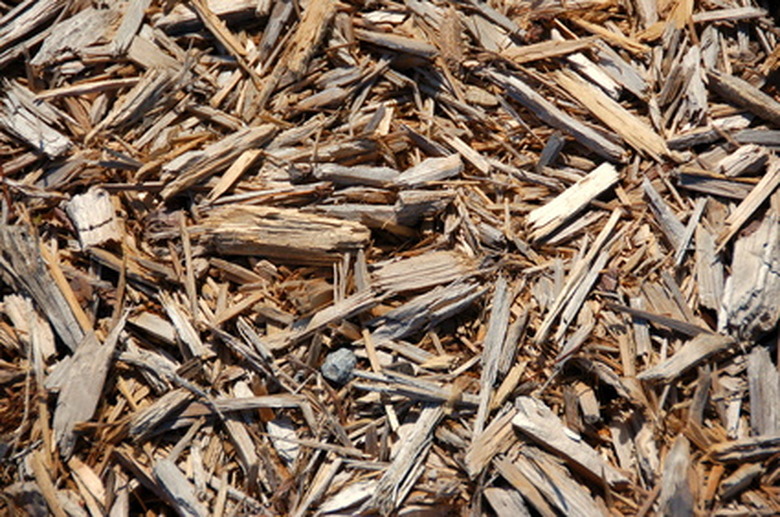Does Yeast Accelerate Compost Piles?
Gardeners value compost so much that many of them call it black gold. Compost is nutrient-rich loamy organic material filled with beneficial microbes. Using compost in soil can help boost the nutrient content, aeration, drainage and moisture retentiveness. Compost starts as a pile of organic items such as kitchen scraps and dead leaves. These items decompose over time to become compost. A compost activator such as yeast can accelerate the process.
Hot Compost vs. Cold Compost
Compost is filled with tiny microbes that decompose organic material. The faster these tiny microbes work, the faster the compost decomposes. There are two means of composting organic material: Slow which is cold compost, and fast which is hot compost. Hot composting can take as little as six weeks to complete, while cold composting can take as long as two years. Cold composting is the easiest method. You throw organic material into a pile and leave it to rot. Hot compost takes more active management.
Microbes
In order to decompose a hot compost pile quickly, a gardener wants the microbes in the compost pile to be very active. Active microbes work to decompose compost at a higher rate than inactive microbes. Some of the ways in which gardeners do this include chopping up compost to give the microbes more surfaces to work on as well as combining nitrogen-filled and carbon-filled compost items and stirring the compost every few days.
Yeast
Yeast is a type of fungi. In compost, fungi found in yeast help break down the toughest debris. Using yeast in compost enables bacteria in the compost to continue the decomposition process once cellulose in the organic material has been exhausted. This accelerates the compost process.
Warning
In a compost pile, it is possible for the organisms to be too active. The more active the organisms are, the warmer they make a pile of compost. Once the center of a compost pile climbs above 160 degrees Fahrenheit, the organisms begin to die out. In order to prevent this, you must not add yeast or stir a compost pile when the temperatures approach 160 degrees Fahrenheit. Instead, wait for the compost to cool before stirring or adding yeast to compost.
